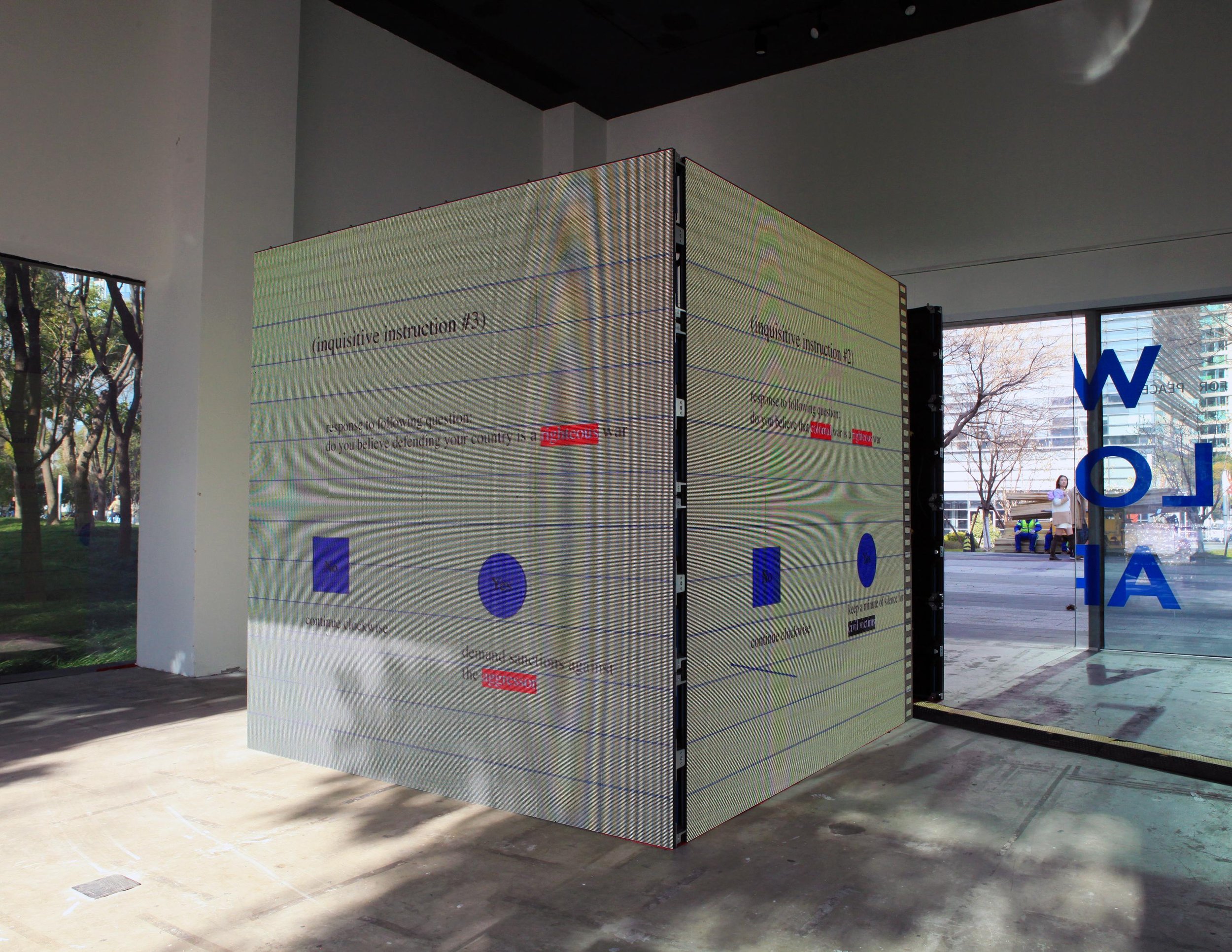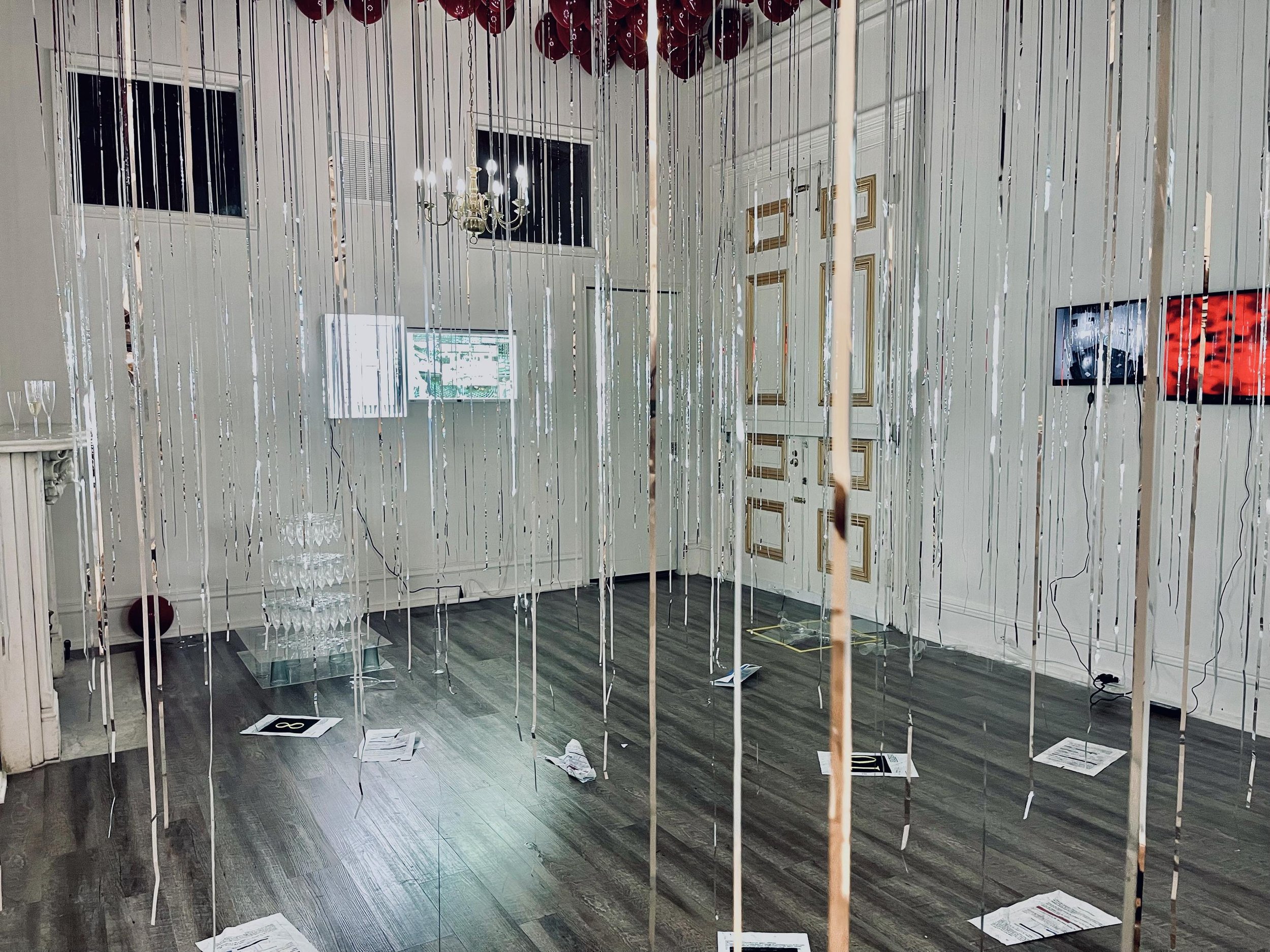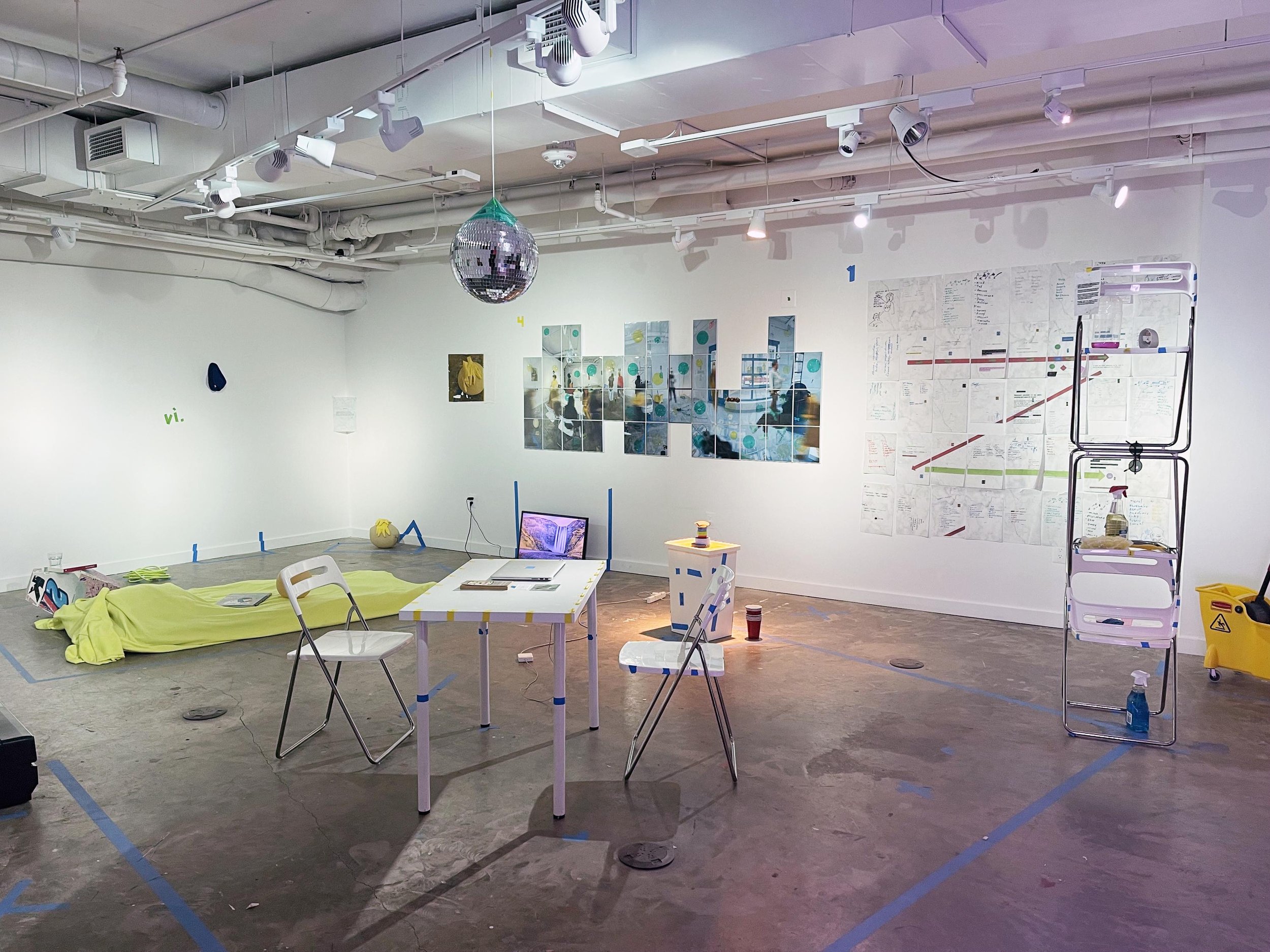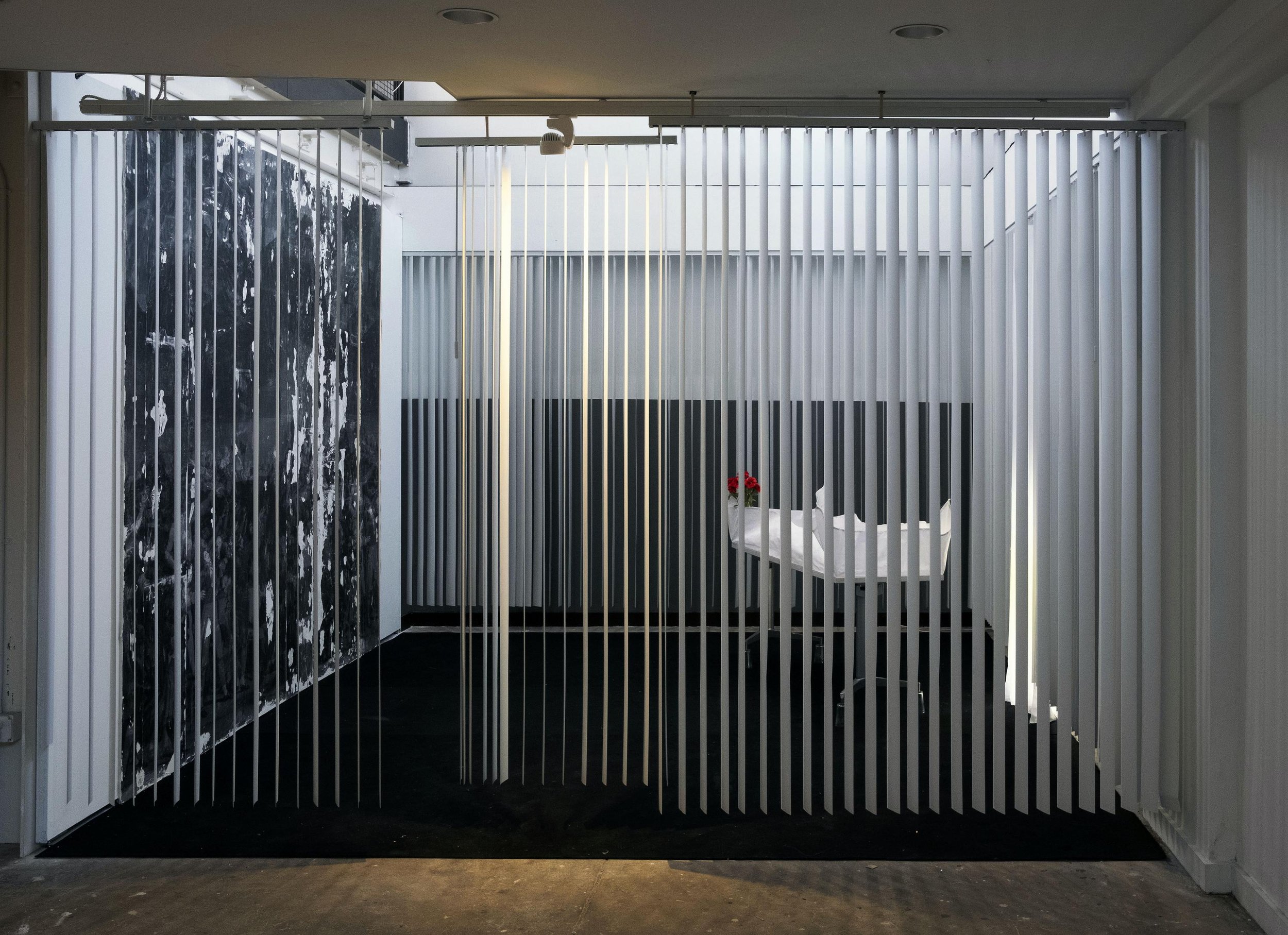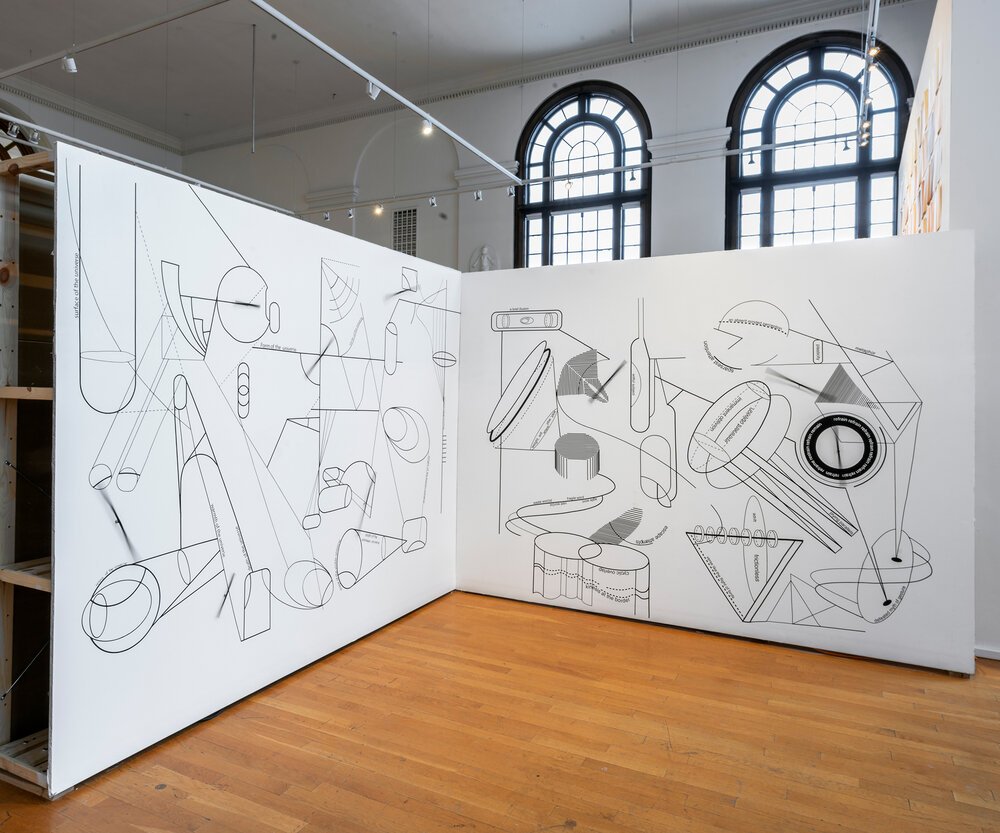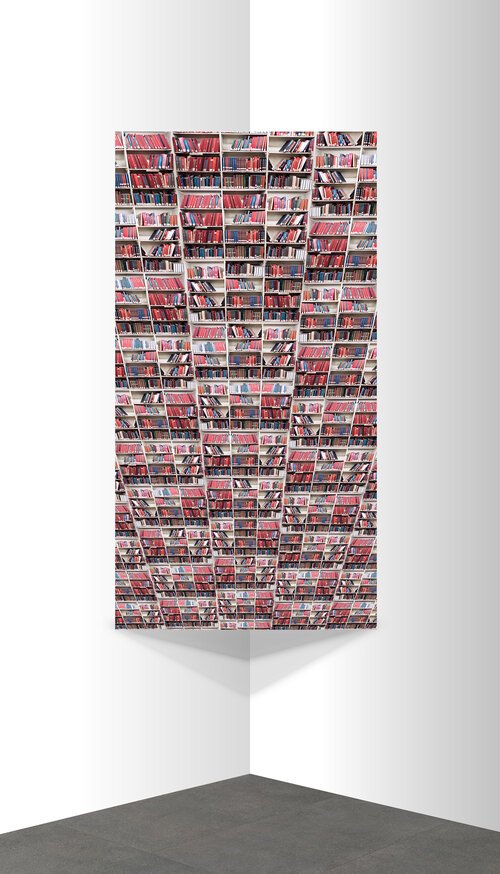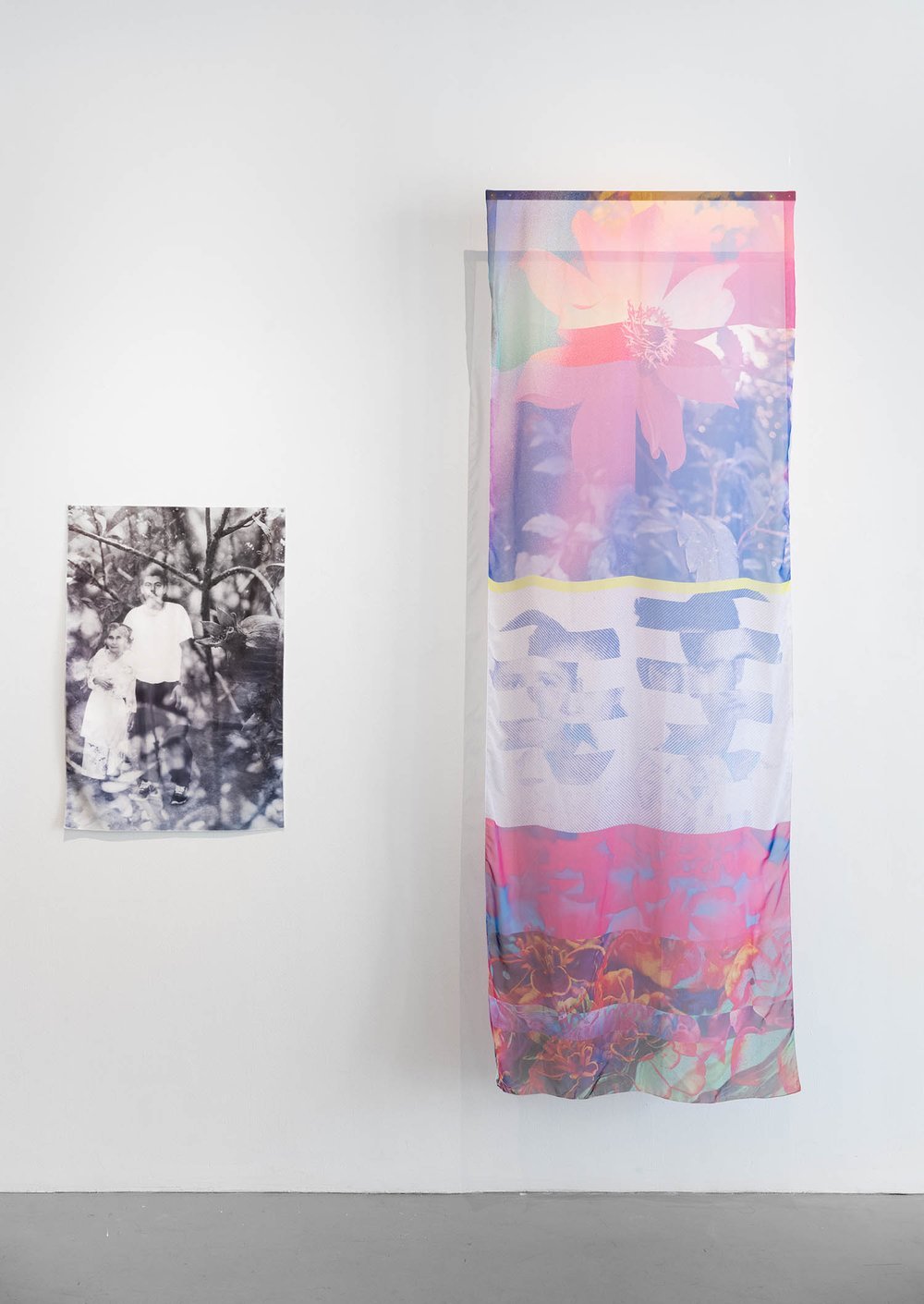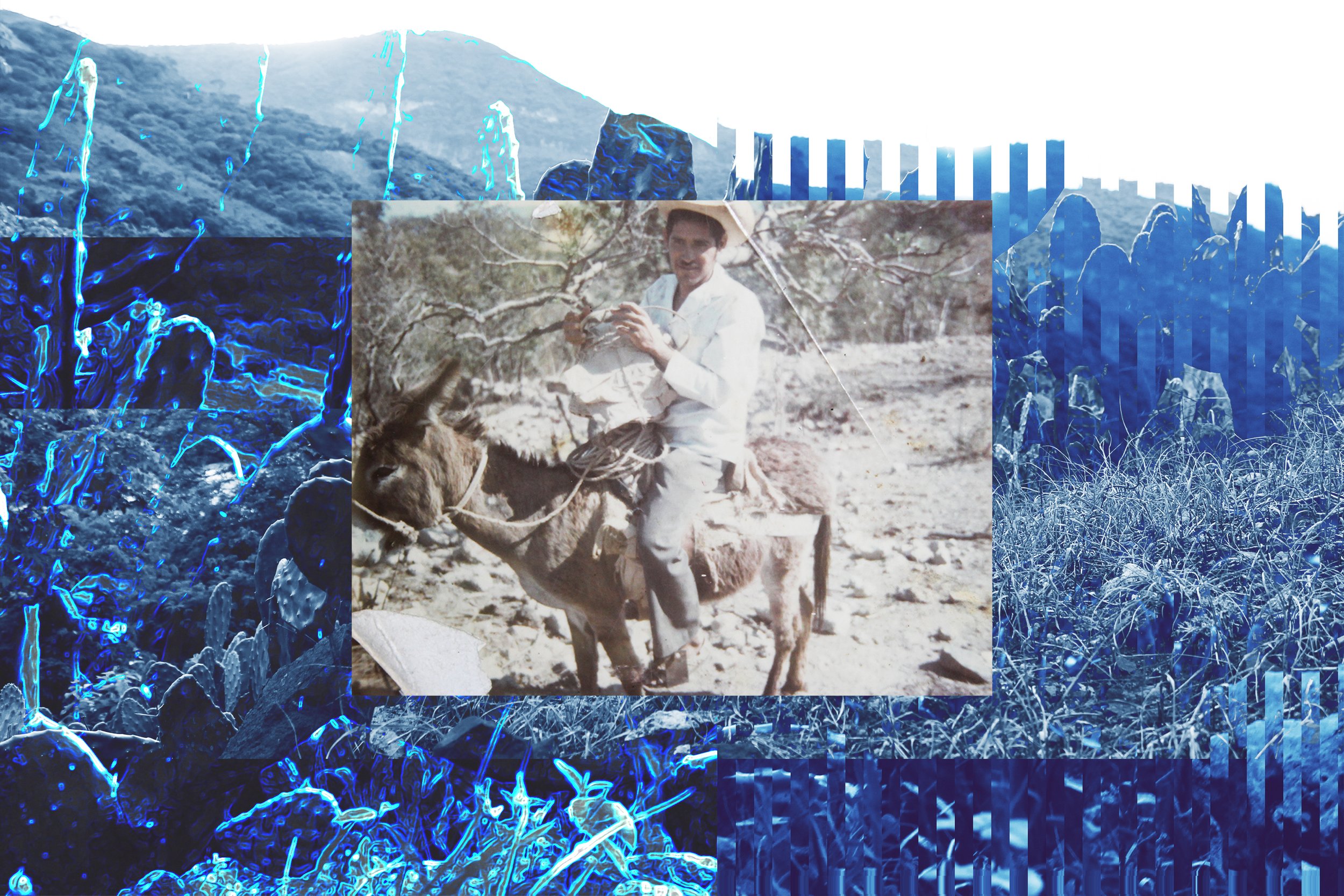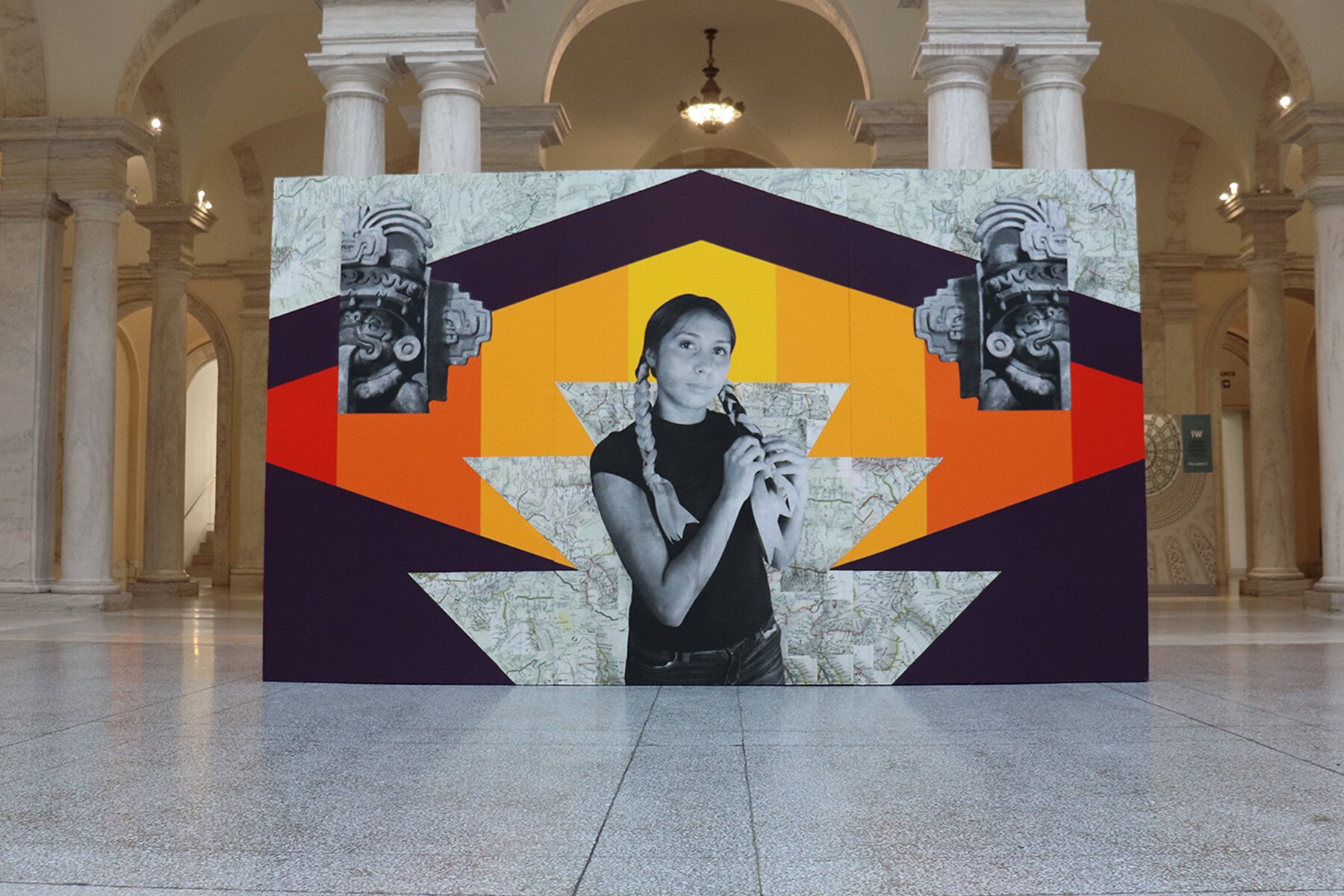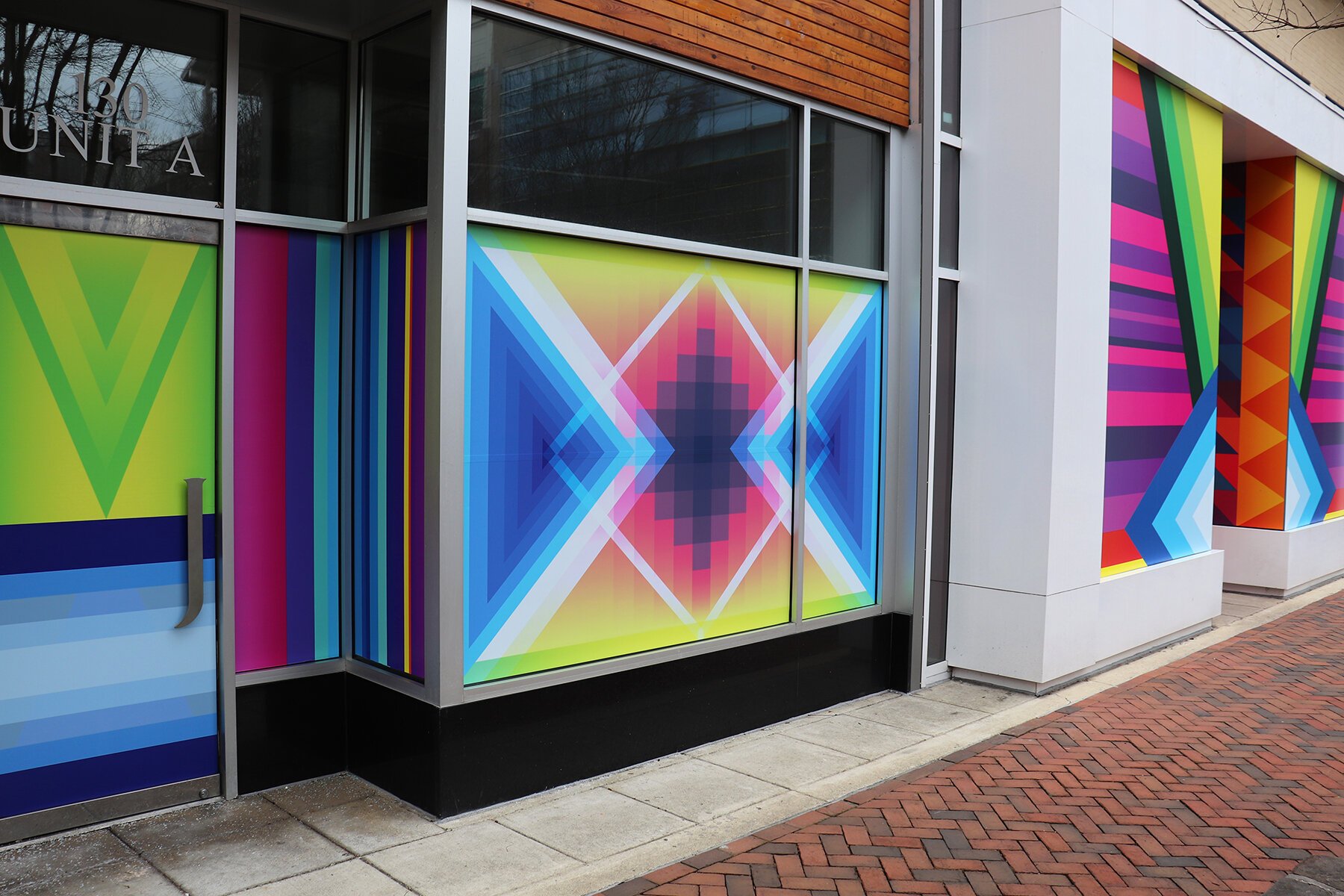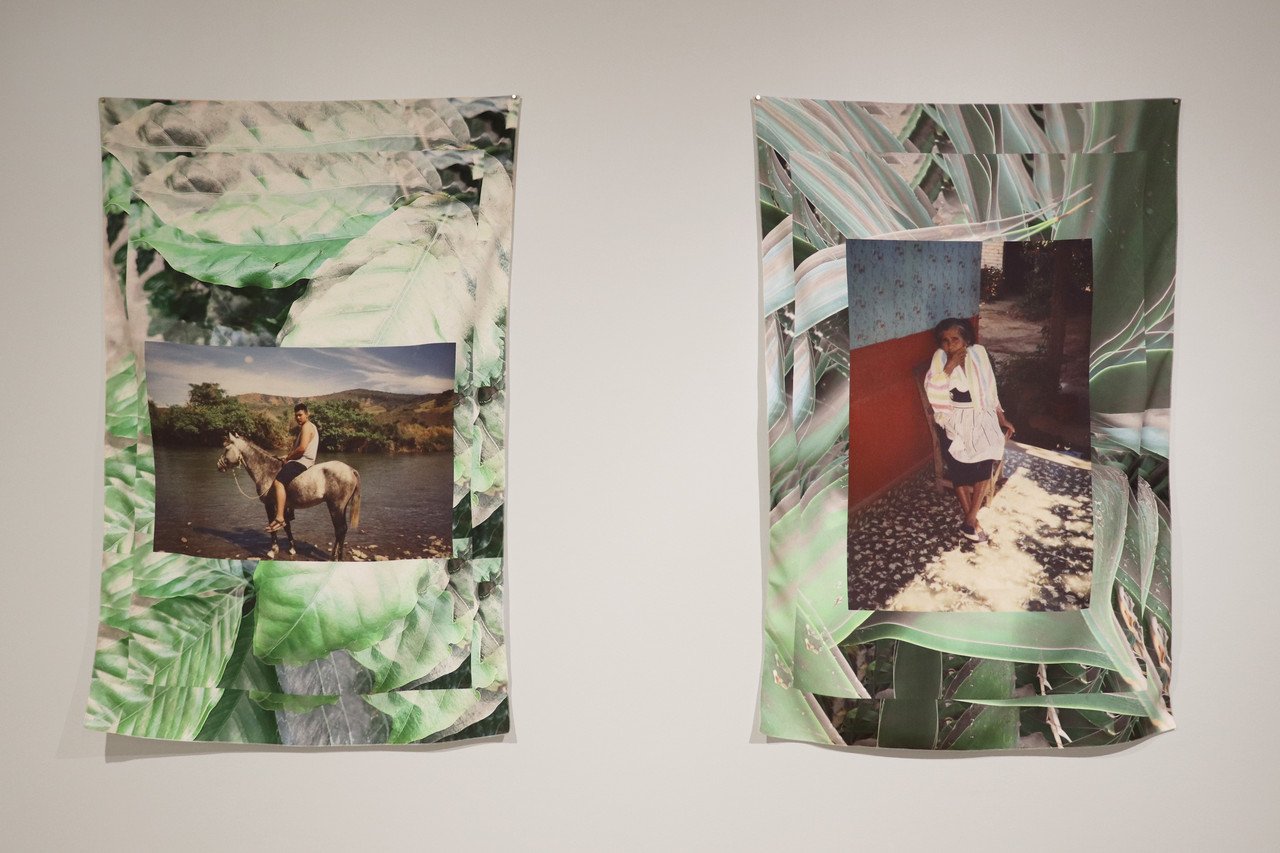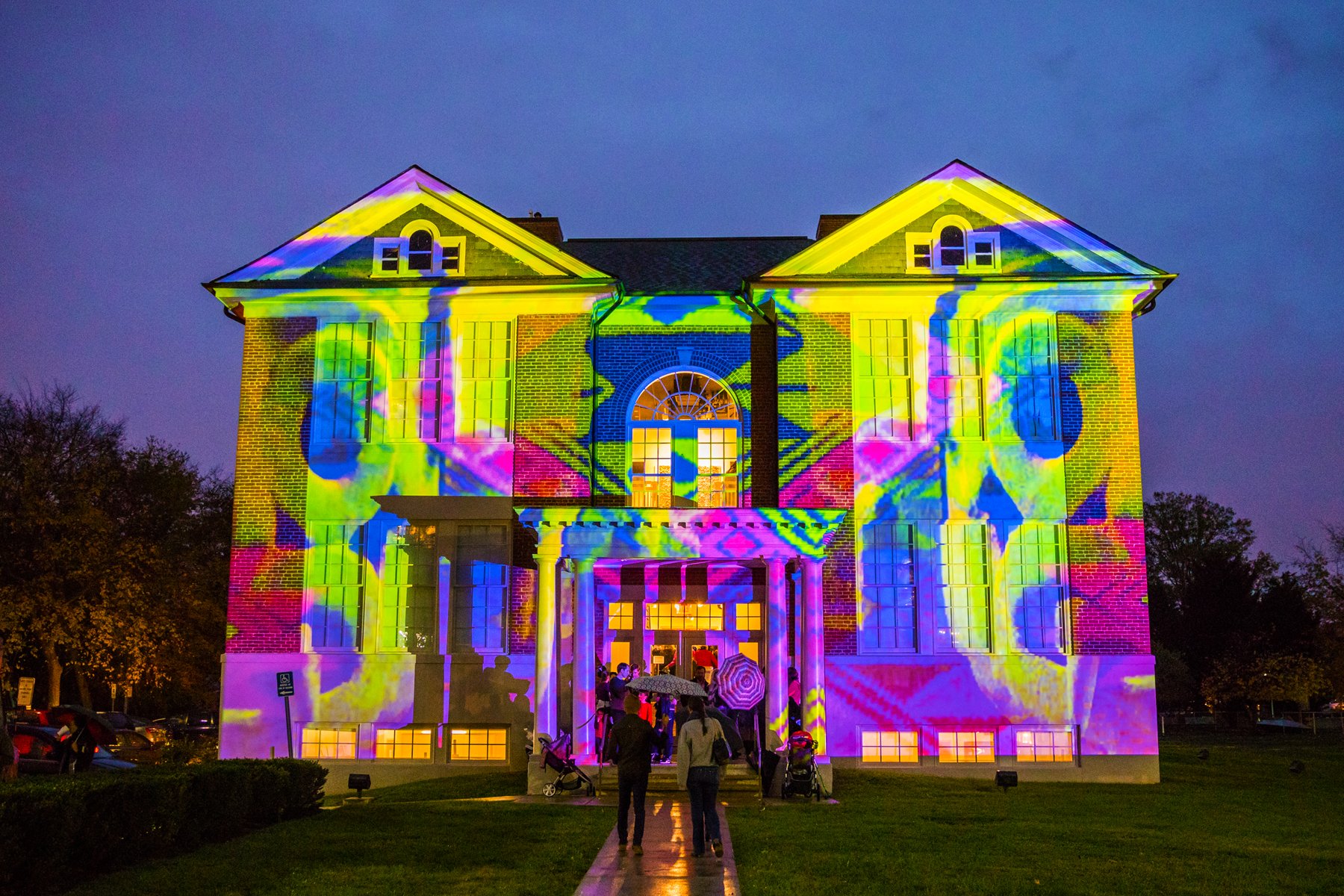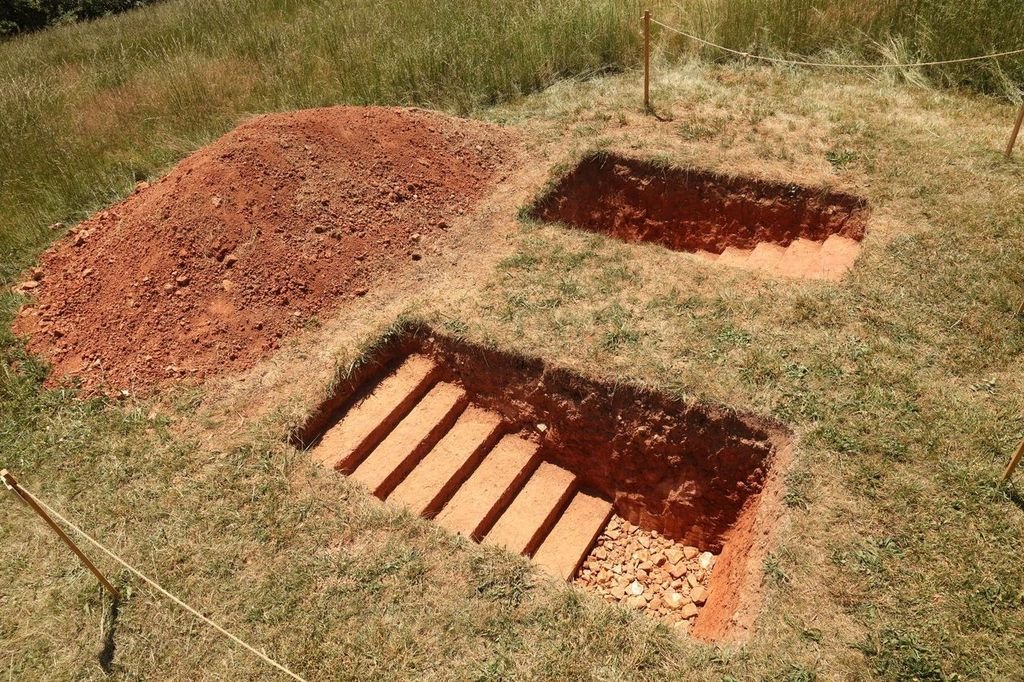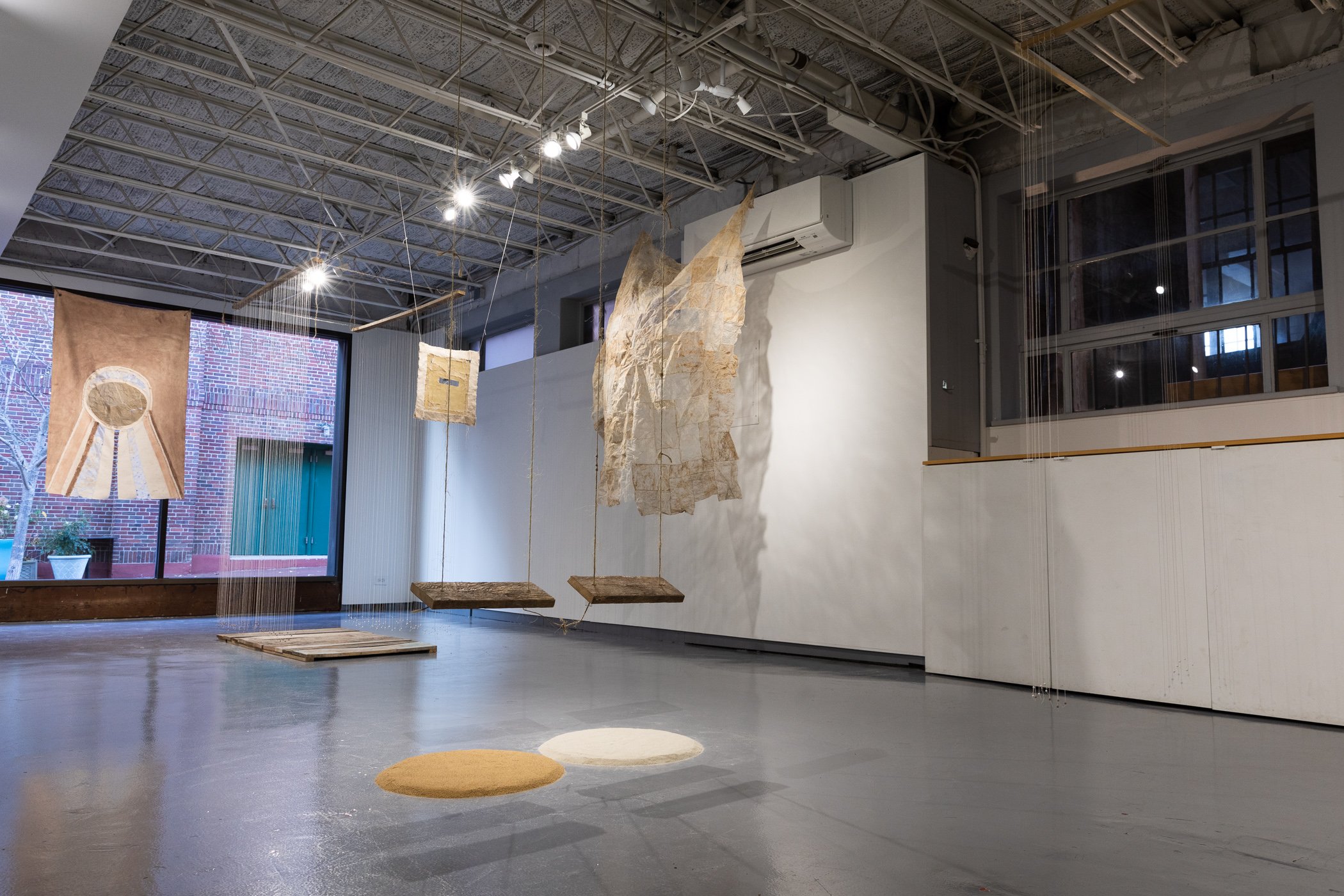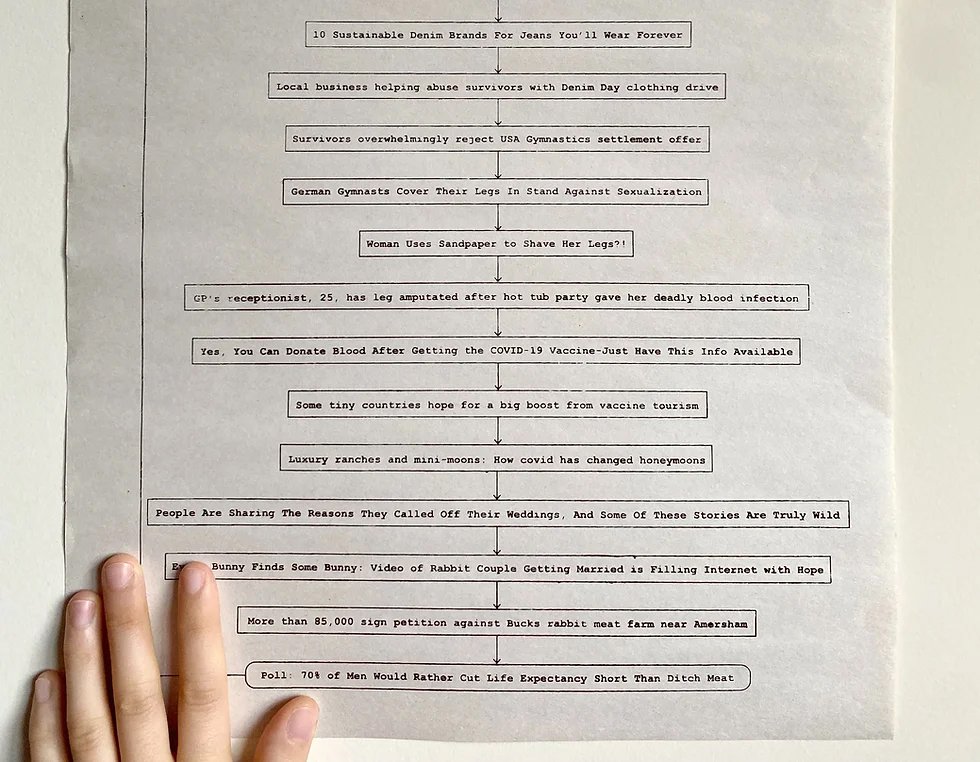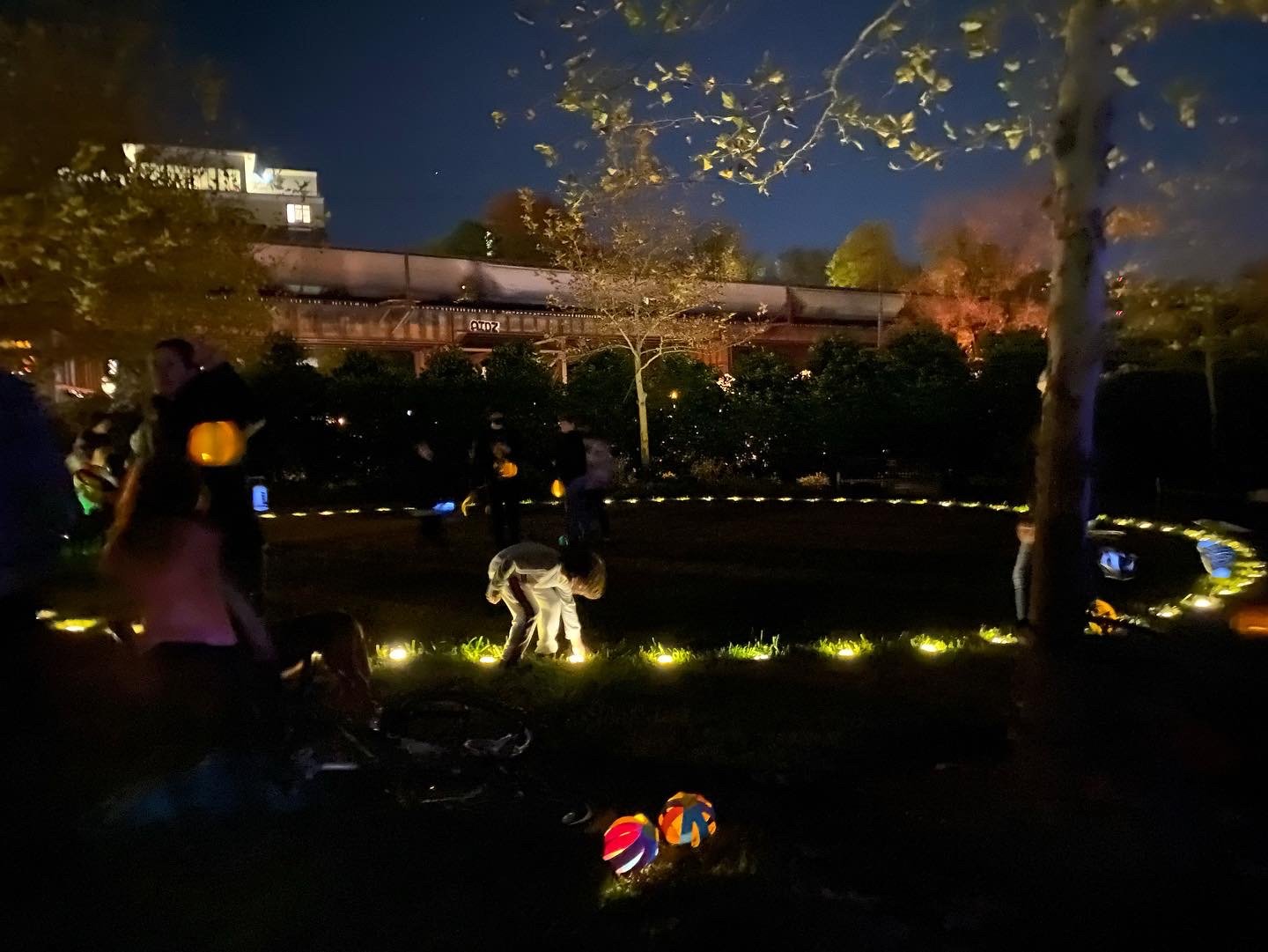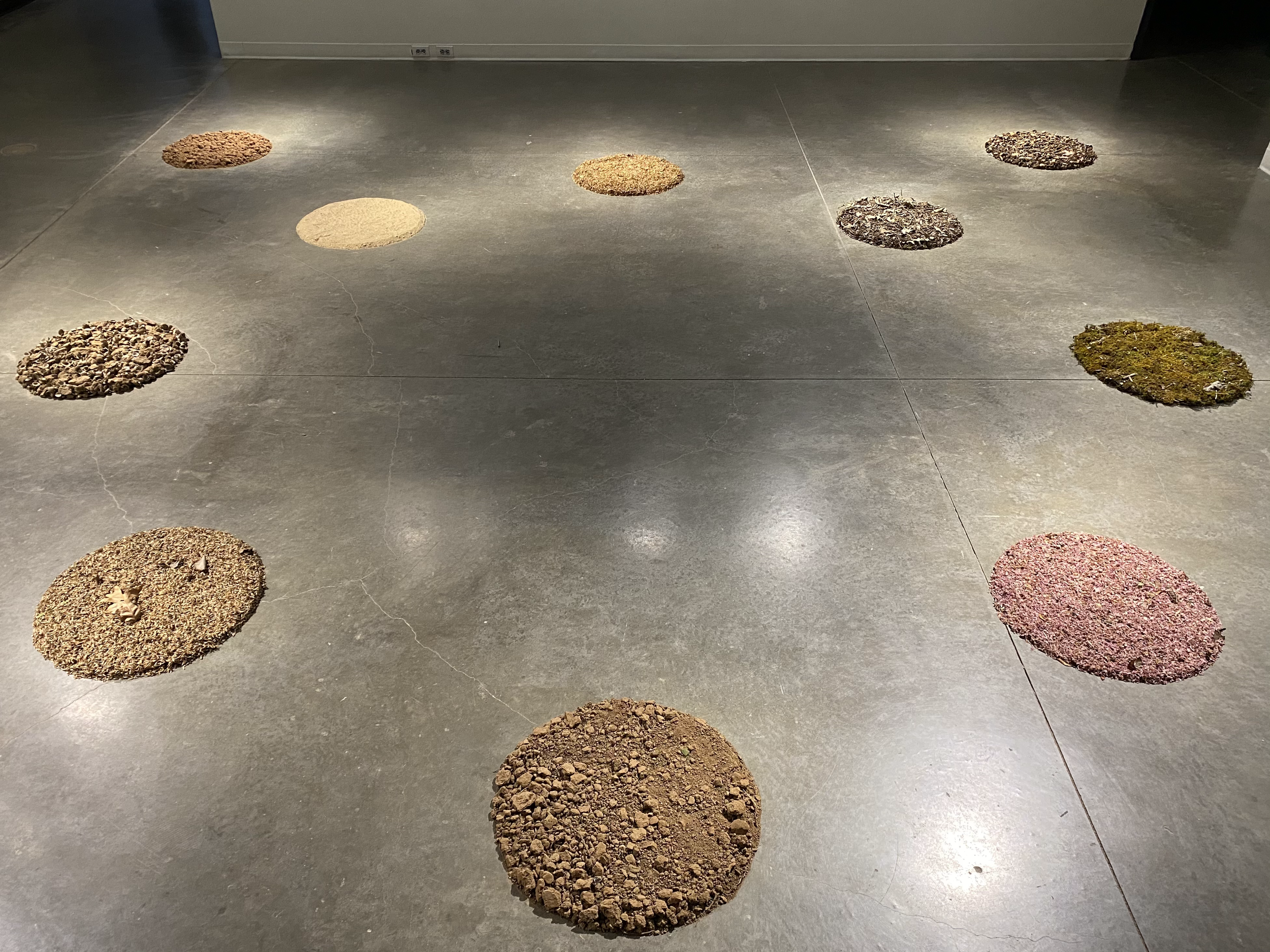Misha Ilin (b. 1985; Protvino, Russia) received a Master’s in Mathematics and Informatics from the National University of Science and Technology in Moscow, Russia. In 2016 he moved to the United States and received his MFA from the Maryland Institute College of Art. Ilin’s recent exhibitions include wish the past never to repeat itself, the kitchen, Berlin, Germany, inquisitive instructions, Modern Art Museum, Shanghai, China, Artist-As-Organizer, Washington Project for Arts, DC, hostipitality, Baltimore, MD, and order of things, Homme Gallery, DC.
Artist statement
My work explores the practice of instructions and situations as a medium to reveal the intimate connection between our layered identities and the contractual social interactions that exist around us. By experimenting with different forms of unities emerging between participants of his performative installations, I seek to provoke both collaborative and rival relationships with their audience to problematize our domestic rituals, social practices, and behaviors and comment on issues of labor, social roles, immigration, race, and inequality.
